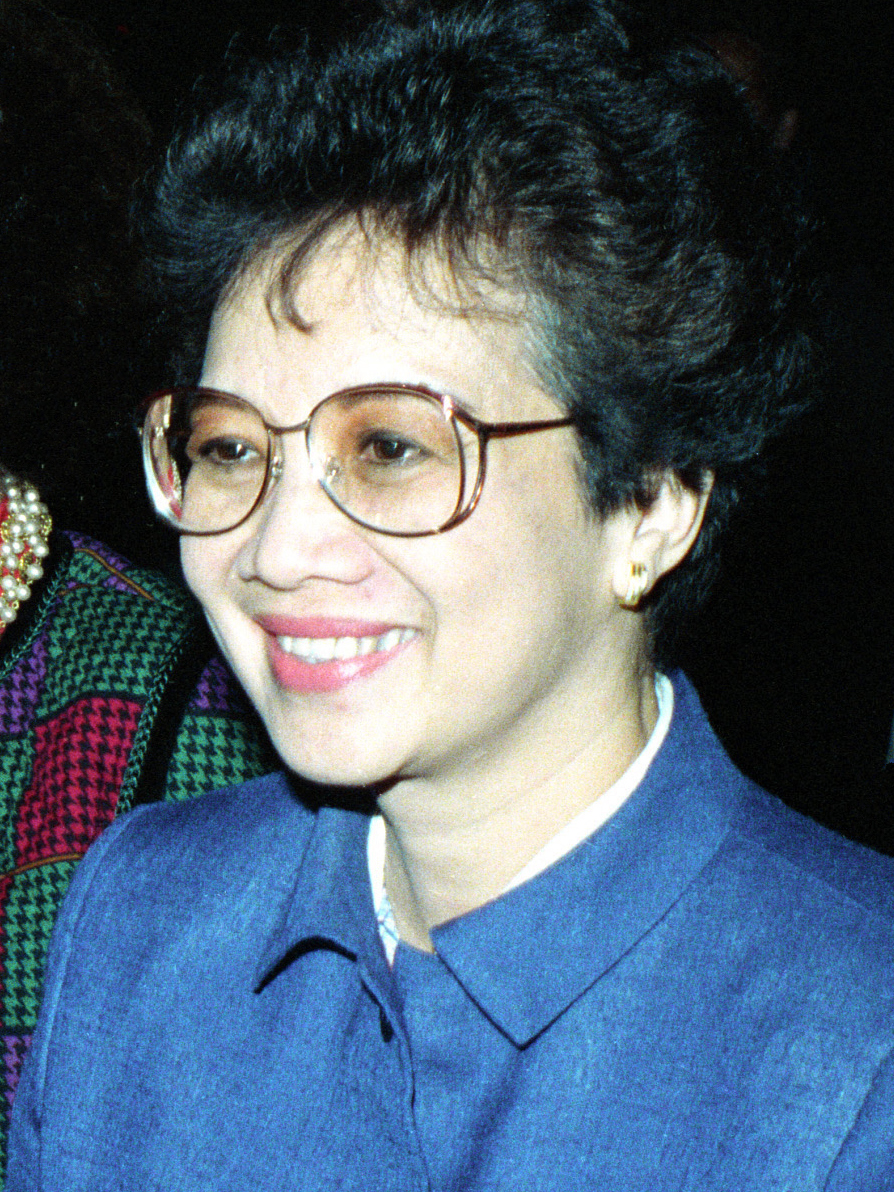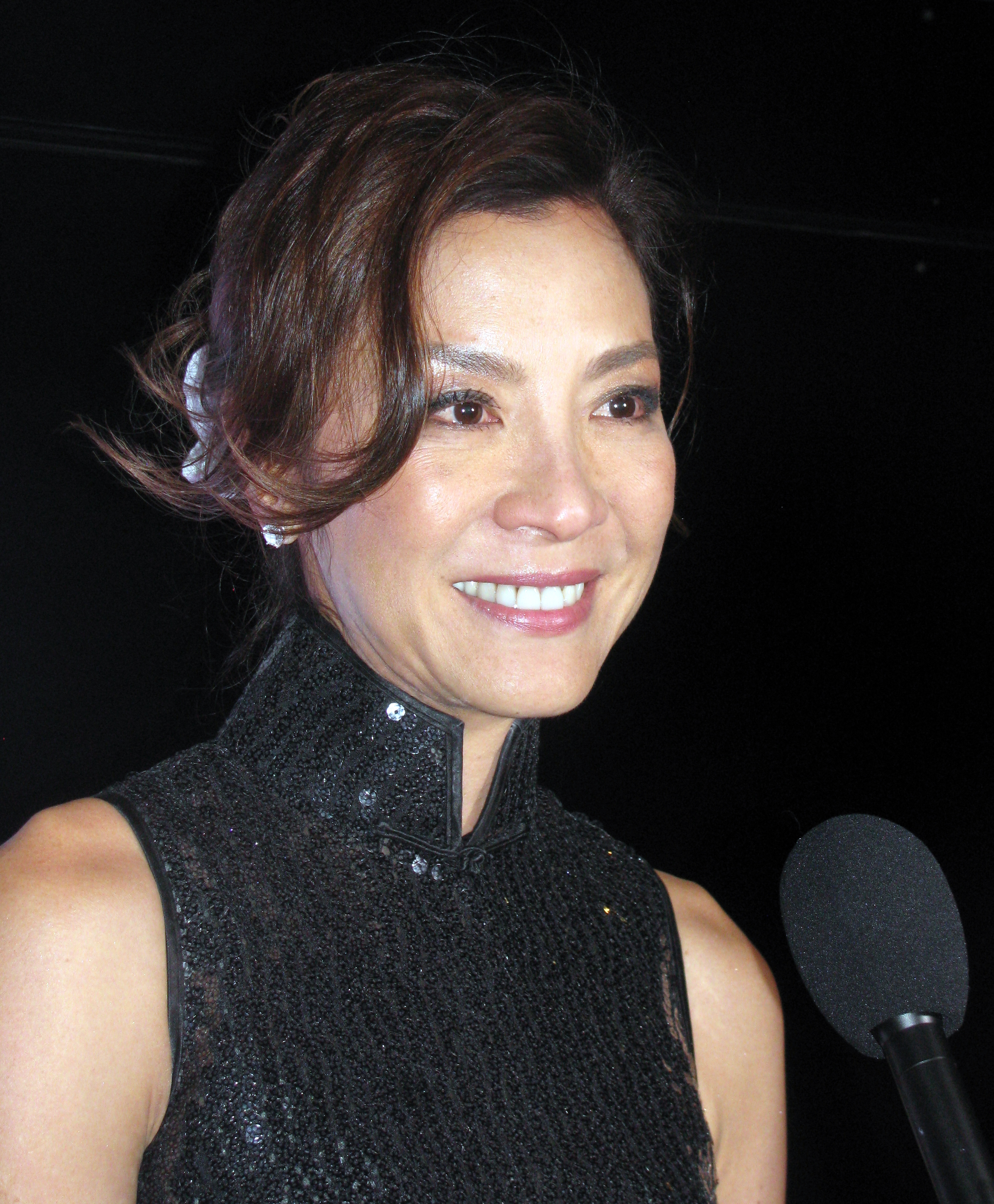Southeast Asia is a vibrant tapestry of cultures, histories, and dreams. But what truly illuminates the region's spirit are the people who have dared to lead, innovate, and uplift others in the face of adversity.
In this article, we celebrate three inspirational individuals: Corazon Aquino, Tony Fernandes, and Michelle Yeoh, whose extraordinary lives reflect the soul of Southeast Asia and offer lessons in courage, vision, and compassion for the entire world.
Corazon Aquino: The Mother of Philippine Democracy

Imagine an unassuming housewife transforming into a national icon, leading a peaceful revolution against a dictatorship. That's the remarkable story of Corazon "Cory" Aquino, who became the first female President of the Philippines and a symbol of democracy in Southeast Asia.
Cory's political journey began in tragedy. In 1983, her husband, Senator Benigno Aquino Jr., a leading critic of the Marcos regime, was assassinated upon his return from exile.
His death ignited national outrage. Suddenly, Cory found herself not only grieving but becoming the unexpected face of the Filipino people's yearning for change. It was a moment that required immense courage, and Cory rose to the challenge, inspiring a nation with her bravery.
Despite having no formal political background, Cory stepped forward as the opposition candidate in President Ferdinand Marcos's 1986 snap elections. The campaign, powered by the now-iconic colour yellow and the slogan "hope," rallied millions. When the government declared Marcos the winner amidst widespread electoral fraud, Filipinos responded with an extraordinary show of unity—the People Power Revolution.
From 22 to 25 February 1986, millions took to the streets of Manila in peaceful protest, joined by clergy, nuns, students, and even segments of the military. Not a single gun was fired. This non-violent uprising, a testament to the power of collective action, led to Marcos fleeing the country and Cory Aquino assuming the presidency, a moment etched in history as a triumph of the people's will.
Once in office, Cory focused on restoring democratic institutions. Under her leadership, the 1987 Constitution was drafted, reintroducing checks and balances and securing civil liberties. She introduced reforms like the Family Code of 1987 and the Local Government Code of 1991, promoting more inclusive governance. Her tenure was fraught with challenges, including multiple coup attempts, yet she never wavered in her belief in democracy.
What makes Cory Aquino so inspirational isn't just the fact that she toppled a dictatorship and how she did it with humility, courage, and a steadfast commitment to peace. Her story reminds us that even in the darkest of times, one individual's courage can galvanise a nation and light the way forward.
Tony Fernandes: The Man Who Made Southeast Asia Fly

Now, let's shift from the corridors of power to the skies above. If you've ever flown across Southeast Asia on a budget airline, you have Tony Fernandes to thank.
In 2001, Tony took a leap of faith that most would consider ludicrous. He bought AirAsia, a heavily indebted budget airline, for the symbolic sum of one ringgit, about 26 US cents. He even mortgaged his own home to make it happen. His goal? To democratise air travel and prove that "Now everyone can fly."
Just a year later, AirAsia had paid off its debts and was turning a profit. By 2004, the company's IPO was oversubscribed by 130%, and AirAsia was well on its way to becoming Southeast Asia's leading low-cost carrier. But it wasn't just about numbers. Tony had a bigger vision: to connect people across the region, open up tourism and trade, and give ordinary folks the freedom to travel.
Tony's approach was revolutionary. He slashed costs by focusing on direct online bookings and using smaller, secondary airports. He was also one of the first to embrace social media as a tool for marketing and customer engagement in the aviation sector. But beyond the business acumen, what truly set Tony apart was his people-first leadership style. He ditched corporate titles, encouraged open communication, and treated his employees like family.
Perhaps his most enduring legacy is his role in pushing for open-skies agreements within ASEAN. Thanks to his efforts, travel between countries like Malaysia, Thailand, Indonesia, and Singapore became more accessible and affordable.
AirAsia's expansion to underserved cities didn't just mean more flights and opportunity, mobility, and economic empowerment for millions. Tony's work continues to impact the lives of many, a testament to the lasting effects of his vision and determination.
Tony Fernandes shows us that business isn't just about profit but about purpose. He turned a failing airline into a symbol of aspiration, proving that bold ideas and big dreams, backed by grit and heart, can truly take flight.
Michelle Yeoh: A Star Who Shines Beyond the Screen

From the skies, we now move to the silver screen and a woman whose grace, strength, and determination have captivated audiences across the globe. Michelle Yeoh, the Malaysian actress and global icon, has made her mark in Hollywood and used her fame to champion humanitarian causes with passion and purpose.
Michelle began her journey in beauty pageants before transitioning to film. She quickly made a name for herself with her breathtaking martial arts performances in Hong Kong action cinema. From "Crouching Tiger, Hidden Dragon" to playing a Bond girl in "Tomorrow Never Dies," she steadily broke the mould of how Asian women were portrayed in mainstream media.
Her crowning moment came in 2023 when she won the Academy Award for Best Actress for her role in "Everything Everywhere All at Once." This historic win made her the first Asian woman to receive the honour, which echoed far beyond the entertainment world. In her heartfelt acceptance speech, she told women everywhere, "Never let anyone tell you you're past your prime." It was a mic-drop moment that inspired millions.
However, Michelle Yeoh is more than an actress; she is a global advocate. In 2016, she was appointed a Goodwill Ambassador for the United Nations Development Programme (UNDP), lending her voice to the Sustainable Development Goals. She speaks out on issues such as gender equality, poverty eradication, disaster resilience, and environmental sustainability.
Having witnessed the devastation of the Nepal earthquake in 2015 firsthand, Michelle has become a passionate supporter of disaster preparedness and climate action. She's also campaigned for road safety, wildlife conservation, and sustainable fashion, proving that her sense of responsibility extends far beyond red carpets and film sets.
What's so powerful about Michelle is how seamlessly she blends her celebrity with activism. She's not just representing Asia on the world stage; she's changing the narrative and proving that talent, empathy, and influence can coexist in beautiful harmony. In a world that often reduces stars to their roles, Michelle reminds us that the truest role of all is that of a changemaker.
A Shared Legacy of Inspiration
Corazon Aquino, Tony Fernandes, and Michelle Yeoh couldn't be more different in background or field. Yet, they share a common thread: an unwavering belief in people, possibilities, and the power of doing what's right. They each took risks, faced enormous odds, and emerged not just as success stories but as symbols of hope.
Cory showed us that peaceful resistance can move mountains. Tony proved that visionary leadership can transform entire industries. Michelle continues to teach us that representation matters and that when used with purpose, influence can touch lives in ways that transcend borders.
In a time when the world often feels fractured and uncertain, stories like theirs are more than just inspiring. They remind us that heroes don't always wear capes. Sometimes, they wear yellow ribbons, captain uniforms, or haute couture gowns and carry within them the beating heart of Southeast Asia.
So, here's to the heroes among us. May their stories light the way for others to rise, dream, and create change—wherever they may be.


















